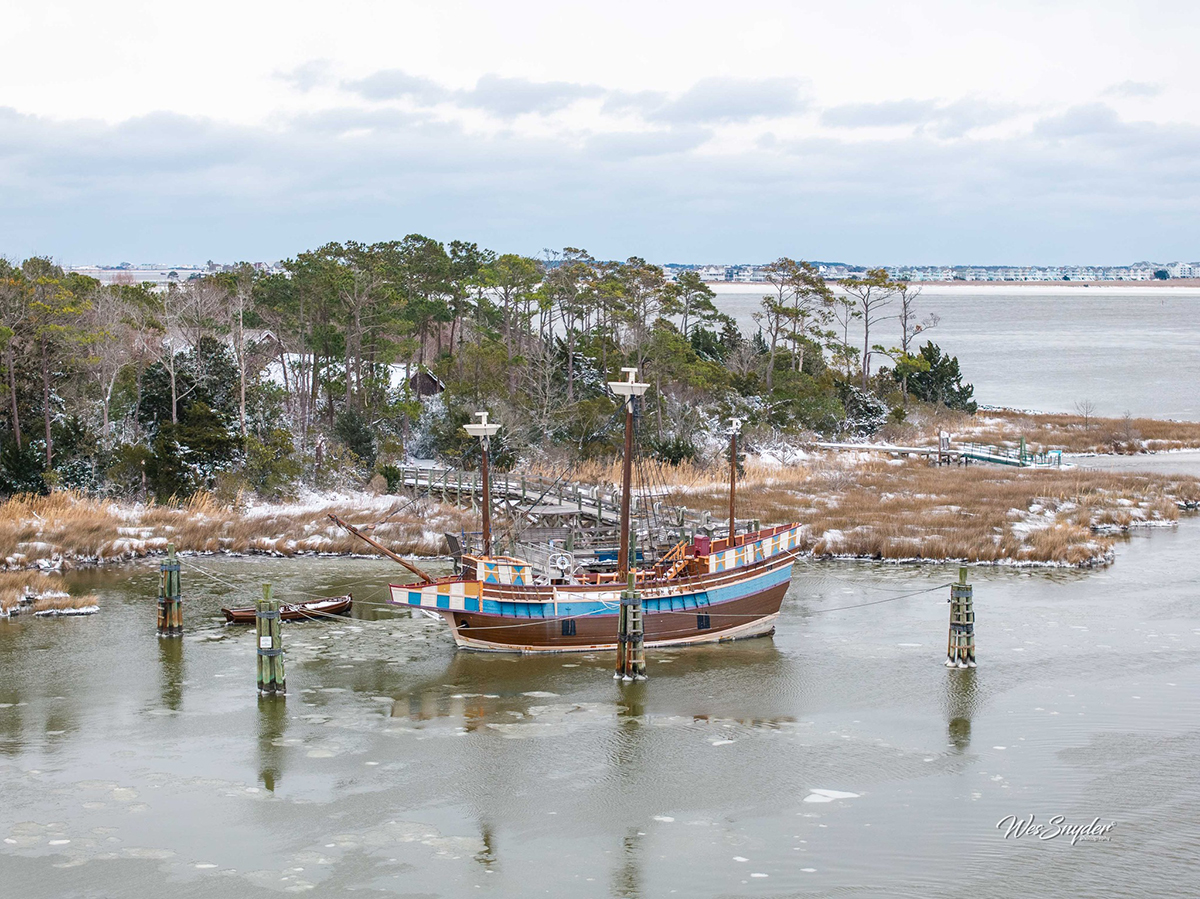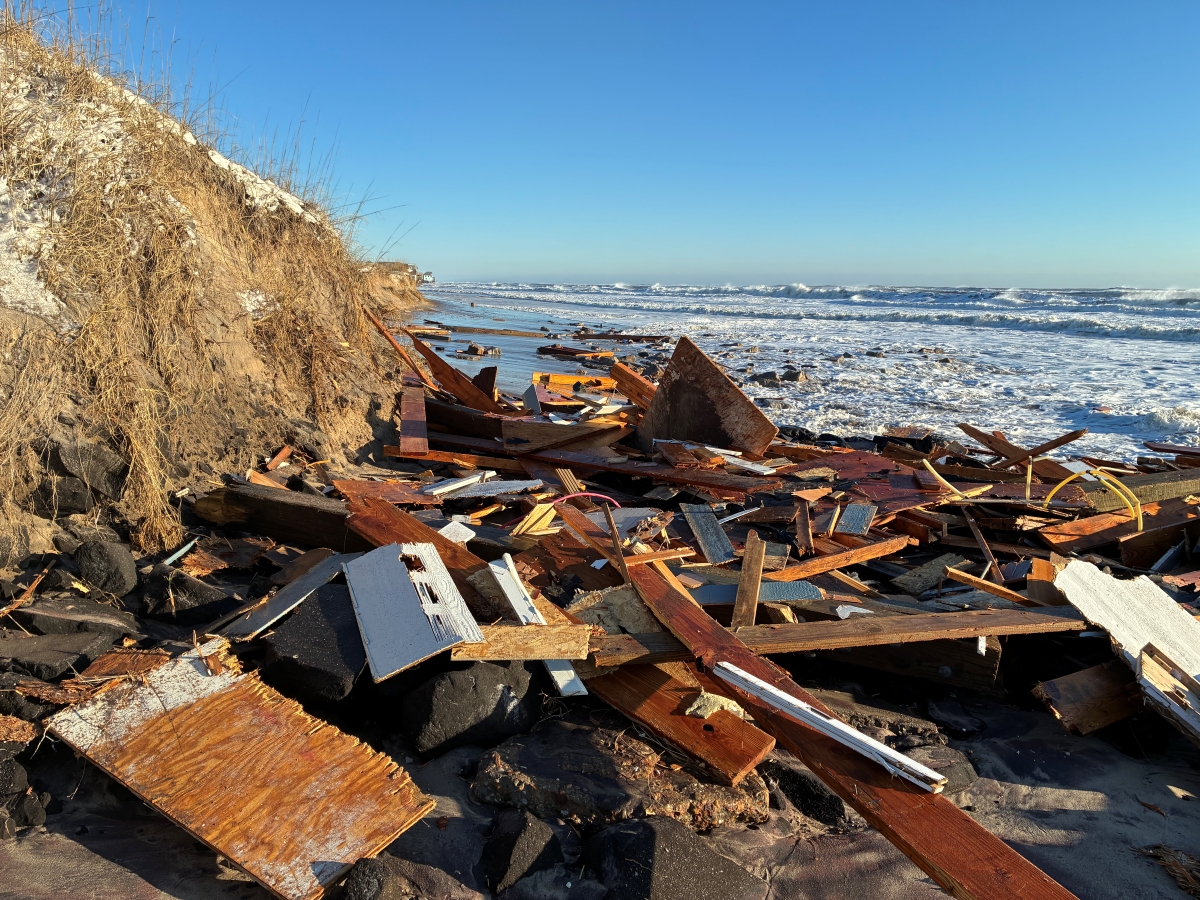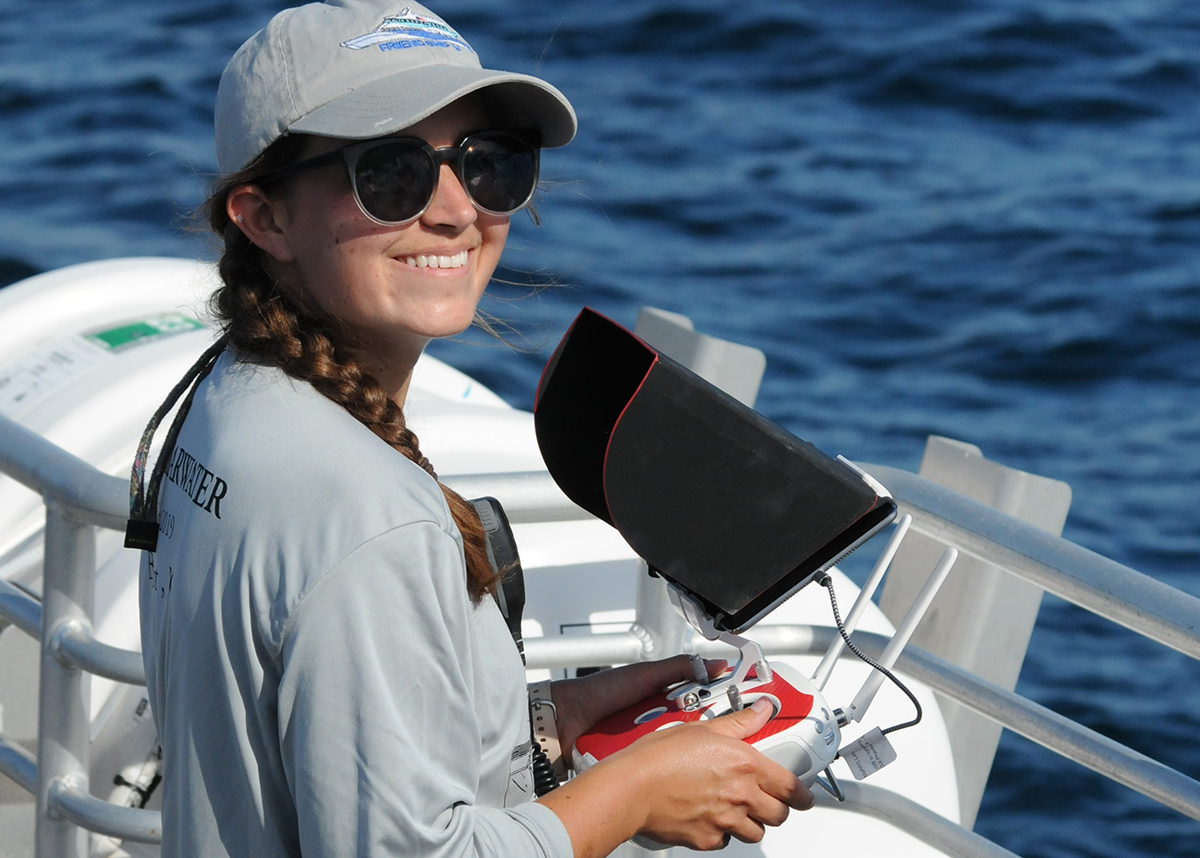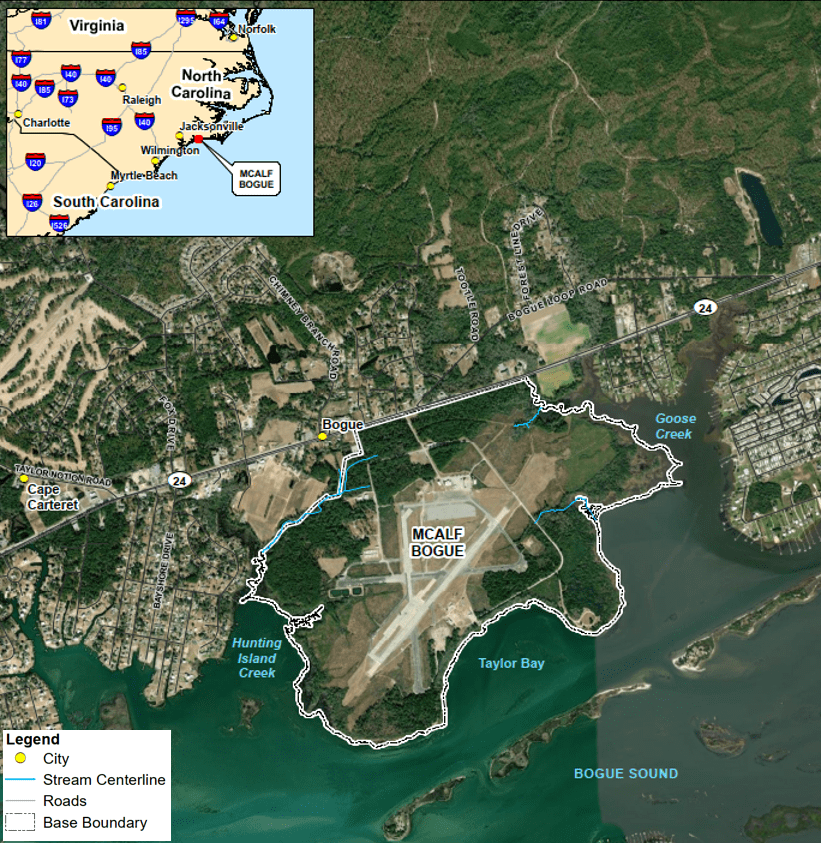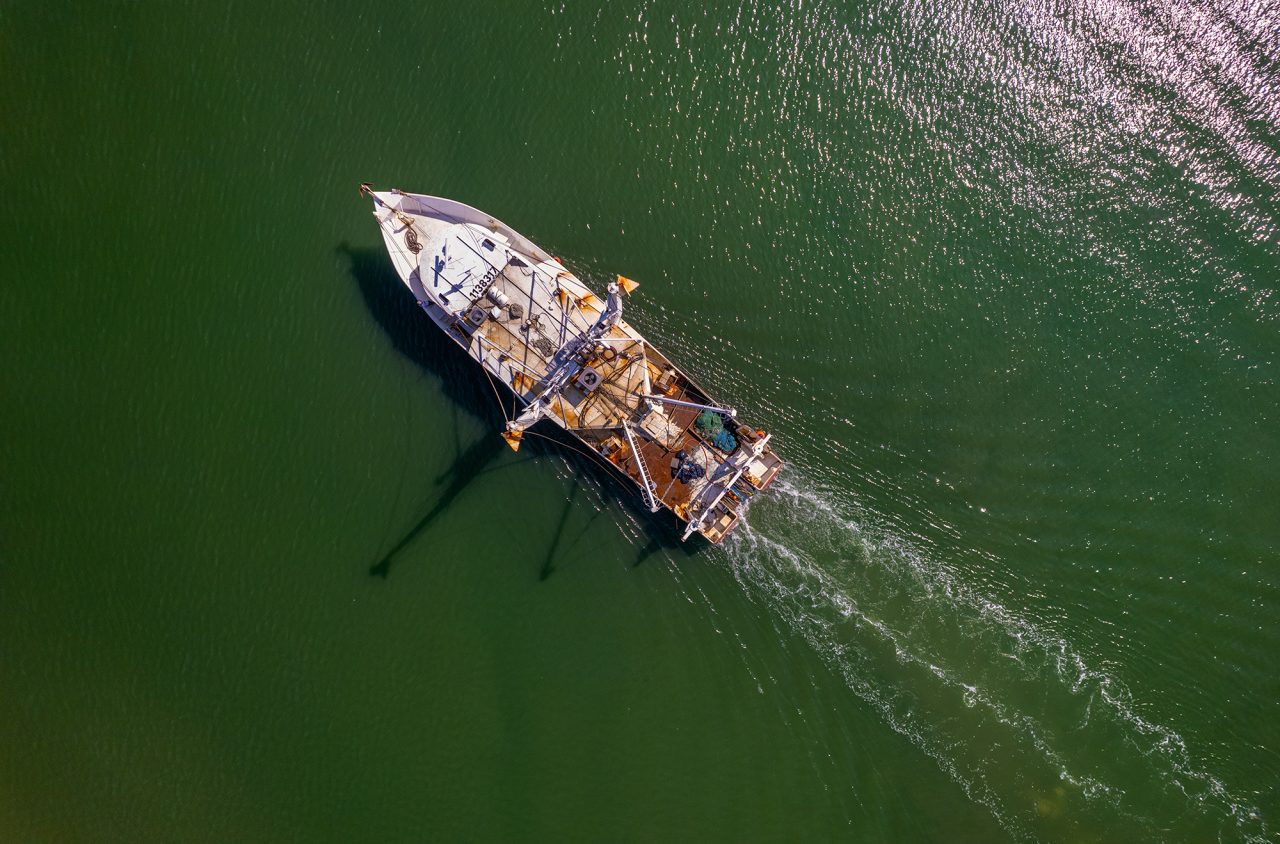
A senator representing five Piedmont counties has introduced an amendment to a House bill that, if it becomes law, will prohibit shrimp trawling in all of North Carolina’s inland waters and within a half-mile of the Atlantic Ocean shoreline.
Despite protests from a coastal senator and several commercial fishing representatives, two Senate committees that met Tuesday were in favor of amending House Bill 442, which Rep. Frank Iler, R-Brunswick, filed in March “to restore recreational fishing for flounder and red snapper in North Carolina.”
Supporter Spotlight
Iler said to both committees Tuesday that there wasn’t much of a recreational flounder season last year. He was referring to the harvest seasons established by the North Carolina Marine Fisheries Commission, which manages flounder and red snapper fisheries. The commission votes on management plans that determines when those species can be harvested.
As the bill made its way through the House and then to the Senate, its language focused solely on expanding recreational access to southern flounder and red snapper, but that changed Tuesday morning during the Senate’s agriculture, energy, and environment committee meeting. The committee approved the amendment and then referred it to that afternoon’s Senate rules and operations committee, which also voted in favor of the bill.
Sen. David Craven Jr., R-Anson, who also represents Montgomery, Randolph, Richmond and Union counties, introduced the amendment to put North Carolina “on par” with regulations in force in Virginia and South Carolina.
He said that the estimated bycatch, or unwanted species, that comes with shrimp trawling is 4 pounds of bycatch to every pound of shrimp harvested, “which is a lot of other species of fish that’s getting caught in the net, potentially dying,” he said. “This has been an issue for quite some time, and I think it’s time this body addressed it.”
The amendment details the penalties a commercial fishing operation would face if caught “Taking or attempting to take shrimp using a trawl net in any coastal fishing waters other than areas of the Atlantic Ocean located more than one-half mile from the shoreline.”
Supporter Spotlight
When Committee Chair Sen. Brent Jackson, R-Pender, opened the floor to elected leaders for comment, Sen. Bobby Hanig, R-Currituck, was the first to speak. Hanig asked why not wait for the results from an ongoing lawsuit filed in 2020 by the Coastal Conservation Association — North Carolina to ban shrimp trawling and the results of a study commissioned in 2022 on the issue.
“Why the urgency all of a sudden and at the 23rd hour?” Hanig asked.
Hanig said he was also concerned with “what data was used to support the amendment to put the hardworking men and women that work in our fishing industry every day out of a job and completely shut down an entire industry?
“Seventy five percent of the shrimp that are caught in the state of North Carolina are caught where this amendment is affected,” said Hanig.
Craven responded that there was no intent to put anybody out of business.
“I believe these fine folks can trawl a half-mile off the coast of North Carolina,” and continue to shrimp. He added that work had been done on a separate matter to ensure there’s “compensation during that time to make sure that we get these folks transitioned.”
Craven said shrimpers must “understand that they will have a process to move through from doing what they do on a daily basis now to kind of moving and changing into going out in the coastal waters.”
Hanig, with no time to ask further questions, urged the committee to reject the amendment.
“This bill started out as a great step forward, one that restores reasonable access to flounder for both recreational and commercial fisheries. This bill comes from progress, cooperation, long-overdue relief from closures derived from flawed science and outdated rules that hurt both industries,” said Hanig.
“Throwing this trawling ban at the 23rd hour undermines the intent and spirit of the bill. It reeks of the same old sleazy, backroom politics and special interests that caused North Carolina endless wars, endless fish wars,” he continued. It’s “disgraceful what we’re doing to the citizens of North Carolina. This is nothing short of special interest and backroom deals. There’s no question about it. That’s why no one was instructed about this amendment.”
Sen. Julie Mayfield, D-Buncombe, said both the original bill and the amendment were taking what should be collaborative, scientifically based decisions out of that realm.
“I’m always worried about this body overruling, for instance, the Marine Fisheries Commission on the flounder and the snapper,” Mayfield said, noting that there’s a shrimp management plan and shrimp working group that’s been together for years, working on and improving trawling and bycatch regulations.
During both committee meetings, supporters and opponents of the amendment explained their positions.
North Carolina Fisheries Association Executive Director Glenn Skinner said that, as a lifelong commercial fisherman, “I probably don’t have tell y’all we are opposed to this trawl ban amendment.”
Skinner said that because the CCA-NC lawsuit and the study were ongoing, “I just can’t help but think that it’s no coincidence that we’re talking about this trawl ban in the same year, both of those are supposed to come before a judge and before this General Assembly.”
Chad Thomas, on behalf of the nonprofit North Carolina Marine and Estuary Foundation, said that while the state “has been a leader in the effort to reduce bycatch, and although the need to protect critical habitats is well documented, legislative action is necessary to ensure the enhancement of nearly 900,000 additional acres of inshore habitats that are critical to our fish and shellfish populations. After careful review of the available science, our foundation’s conclusion is that the shrimp trawl legislation, as proposed in House Bill 442 would bring a huge step closer to this protection goal.”
Brent Fulcher, a business owner with operations in New Bern and Beaufort, said he doesn’t “understand how you would even think about taking the fresh North Carolina seafood away from the North Carolina consumer, and run the risk to ruin infrastructure for the entire industry and other sister industries.”
Cameron Boltes, a former Marine Fisheries Commission member, said he, as “one of 460,000 recreational anglers in North Carolina,” supported the measure. “The big point of clarification I want to make is that the bill is not a ban on trawling in North Carolina. It’s in alignment with the best management practices used by every other state in the Southeast.”
Earl Pugh, a lifetime resident of Hyde County and a former county commissioner there, said his county, as the second smallest in the state, relied heavily on the seafood industry. Seafood is one of the three major industries in Hyde County, along with agriculture and tourism, Pugh noted.
“A ban on trawling in inshore waters would be devastating to the economy of Hyde County,” he said, adding that it would take away income that fishermen, fish houses and other locals in the industry rely on.
Thomas Bell with the North Carolina Wildlife Federation praised the measure, saying it “addresses a major threat to the long-term health of North Carolina’s fisheries inshore.
“Shrimp trawling severely impacts the fisheries we depend on, killing millions of juvenile fish, degrading essential habitats and putting enormous pressure on our collapsing fish populations, including spot croaker and flounder,” said Bell. “This bill does not completely ban trawling but puts good stewardship of our estuaries first by moving shrimp trawling offshore.”
Coastal Review will not publish Thursday in recognition of the Juneteenth holiday.



